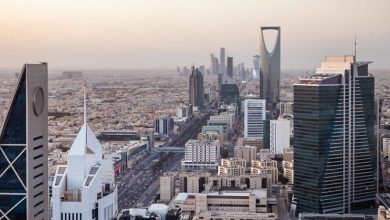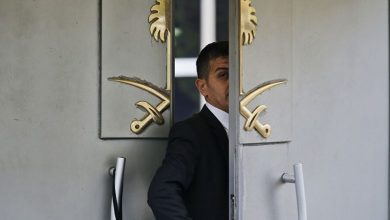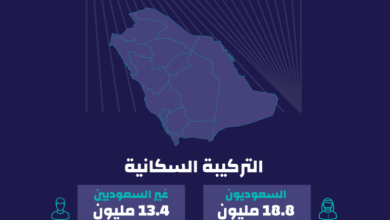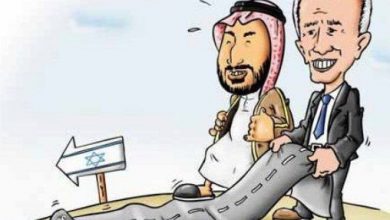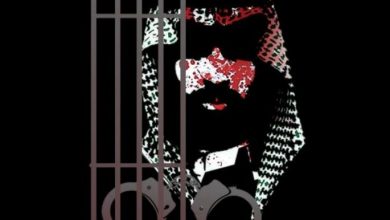Analysis: The so-called religious reforms aimed at strengthening the authority of Mohammed bin Salman

An analytical study said that the so-called religious reforms that are being promoted in Saudi Arabia are aimed at strengthening the authority of Crown Prince Mohammed bin Salman and eliminating alternative power centres capable of challenging his rule.
A study issued by the Arab Center Washington DC highlighted that Mohammed bin Salman’s rise to power brought unprecedented transformations in the kingdom since its establishment in 1932.
After his father, Salman bin Abdulaziz Al Saud, ascended the throne in 2015, Mohammed bin Salman quickly emerged as the dominant political actor in the country after marginalizing his cousin, Mohammed bin Nayef, and became the crown prince in 2017.
MBS has presented himself as a reformer and has promoted the kingdom’s push toward a new future, particularly concerning religion, through the primary challenge.
Bin Salman’s changes included trying to distance Saudi Arabia’s official history from Wahhabism, such as allowing women to drive, live alone, and travel without a male guardian.
It also included limiting the Commission’s powers for the Promotion of Virtue and the Prevention of Vice, allowing places of public entertainment such as cinemas and concerts, and the arrest of clerics and scholars whom the regime described as “extremists.”
This is in addition to the introduction of the so-called Vision 2030, a plan to renew the Saudi economy and fundamentally change the relations between the state and society.
These developments ultimately represent Mohammed bin Salman’s desire to consolidate his absolute power and eliminate alternative centres of power capable of challenging his rule.
What is happening in Saudi Arabia is best understood as the restructuring of religion: religious authority is centralized under the authority of Mohammed bin Salman and is under the direct control of the monarchy.
Moreover, there is an ongoing effort to move away from religion as the only central pillar upon which government seeks to derive its legitimacy (as it has historically done) and toward a more overt form of nationalism propagated and encouraged by the government.
This does not mean that MBS no longer sees the utility of religion as a political tool: Islam continues to be used at home and abroad to pursue power and legitimacy.
Mohammed bin Salman’s alliance with the official religious establishment remains intact and has not sought to reform Wahhabi doctrine and teachings radically.
Instead, the regime has sought to repurpose these resources to better suit its interests amid changing local, regional, and global contexts.
The so-called religious reforms across Saudi Arabia represent one of the strategies through which Mohammed bin Salman seeks to centralize power under his sole authority while recasting the old social contract that covered contemporary Saudi politics, economy, and society.
This campaign to eliminate alternative centres of power and authority and silence dissenting voices extends beyond religion and includes the entire state.
This is evident from the regime’s targeting of royal family members and other elites, journalists, human rights activists, women’s rights defenders, judges, and many others.
Specifically, in the religious sphere, MBS consolidates religious authority and discourse under the sole supervision of the royal palace.
Muhammad bin Salman cut off the authority of the religious establishment, the aim of which is to consolidate power in the central state and, specifically, to consolidate his control.
The attempt to return Saudi Arabia to so-called “moderate Islam” is a comprehensive attempt by the state to eliminate all independent or dissenting religious voices capable of challenging Mohammed bin Salman’s monopoly on Islam in the kingdom.
Likewise, efforts to combat “extremist” clerics within the country represent an attack against those religious figures who challenge the absolute authority or policies of Mohammed bin Salman, not an attack on the religious establishment per se or Wahhabism itself.
This is not a question of extremism: many religious figures who continue to produce more radical content remain in favour of Mohammed bin Salman and still serve in the country’s religious establishment. Instead, it is about loyalty and the centralization of religious authority.

